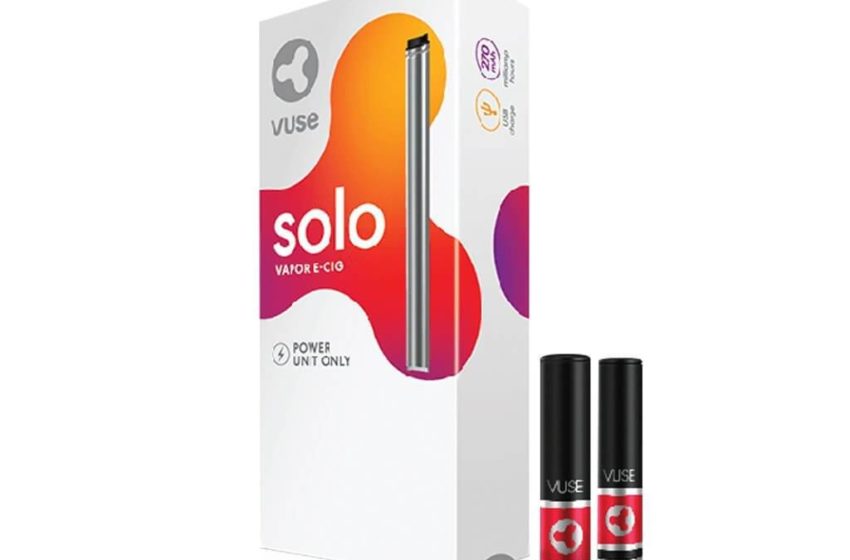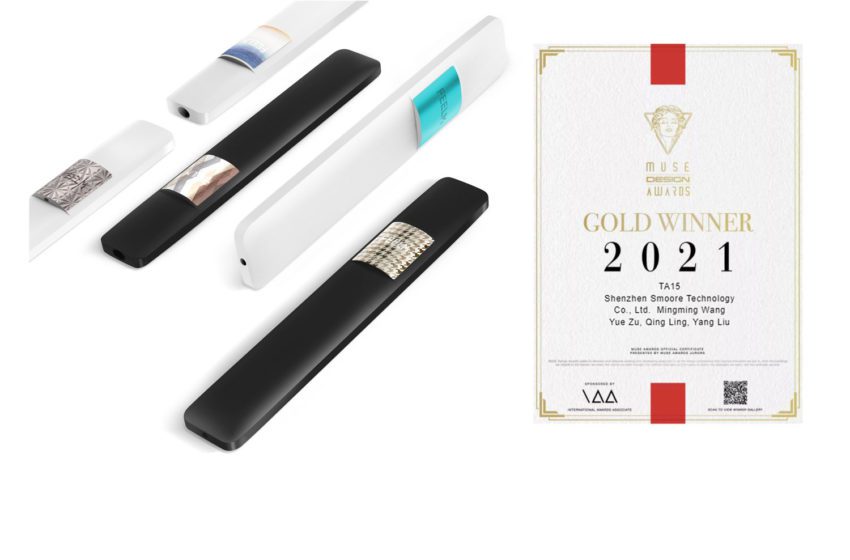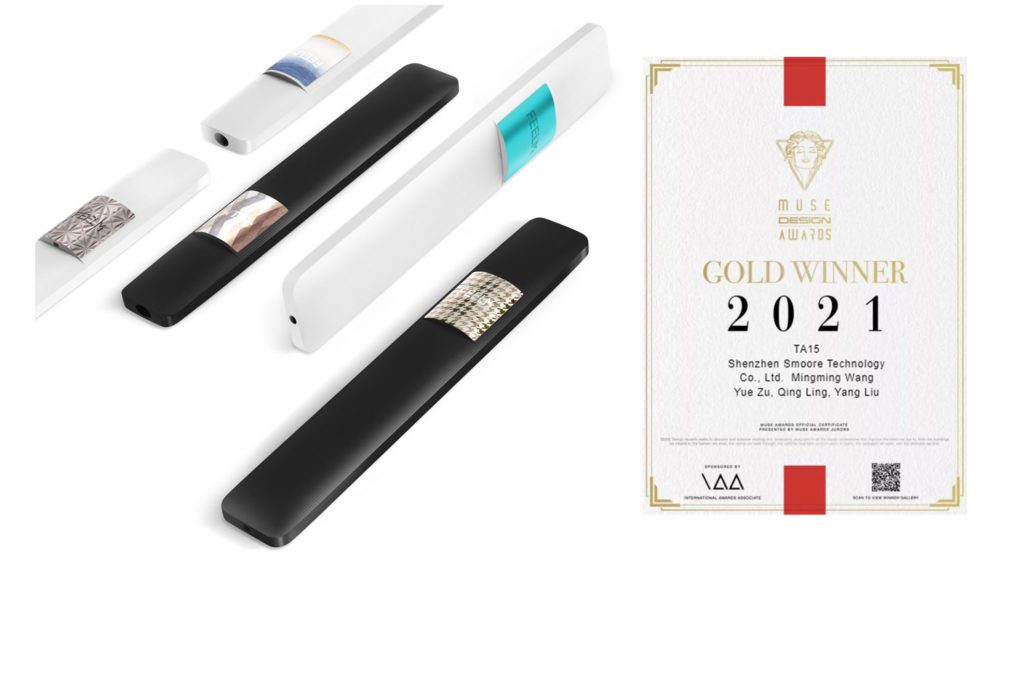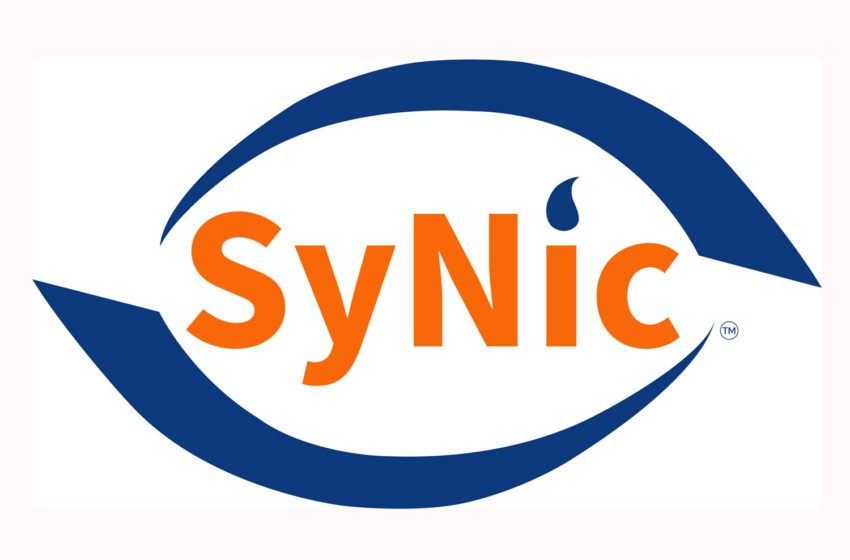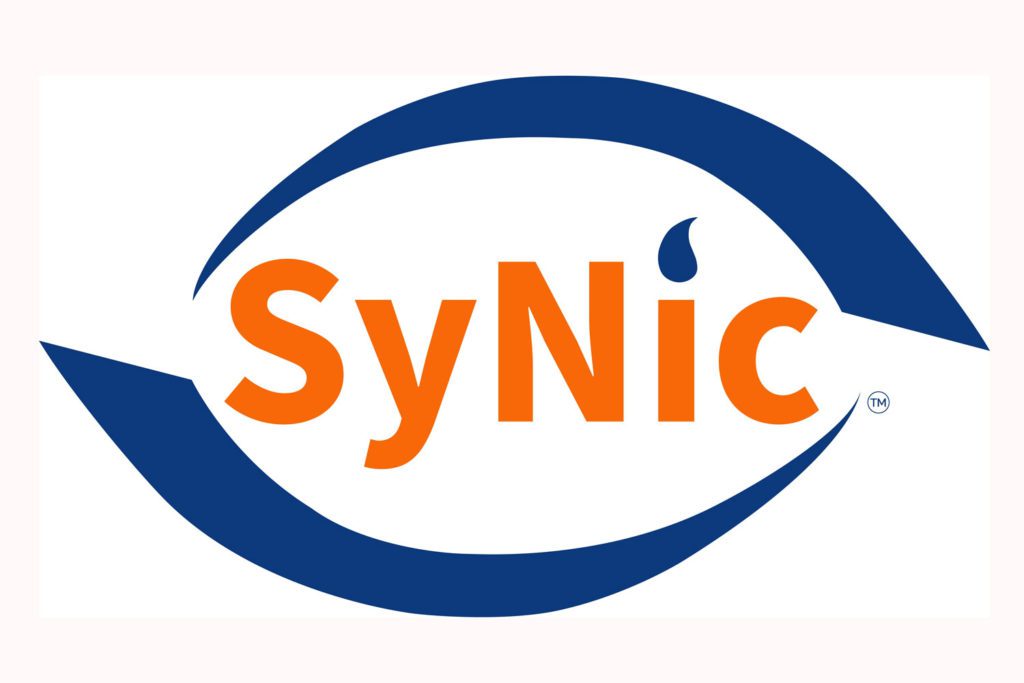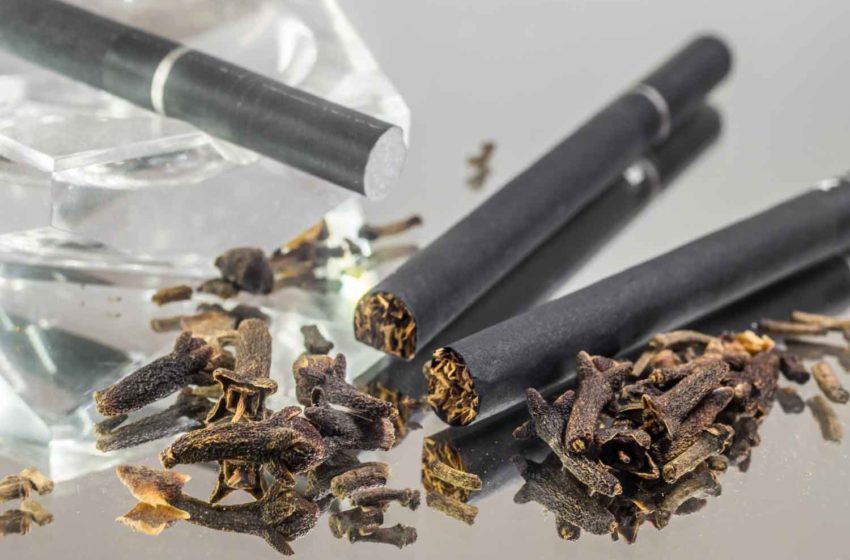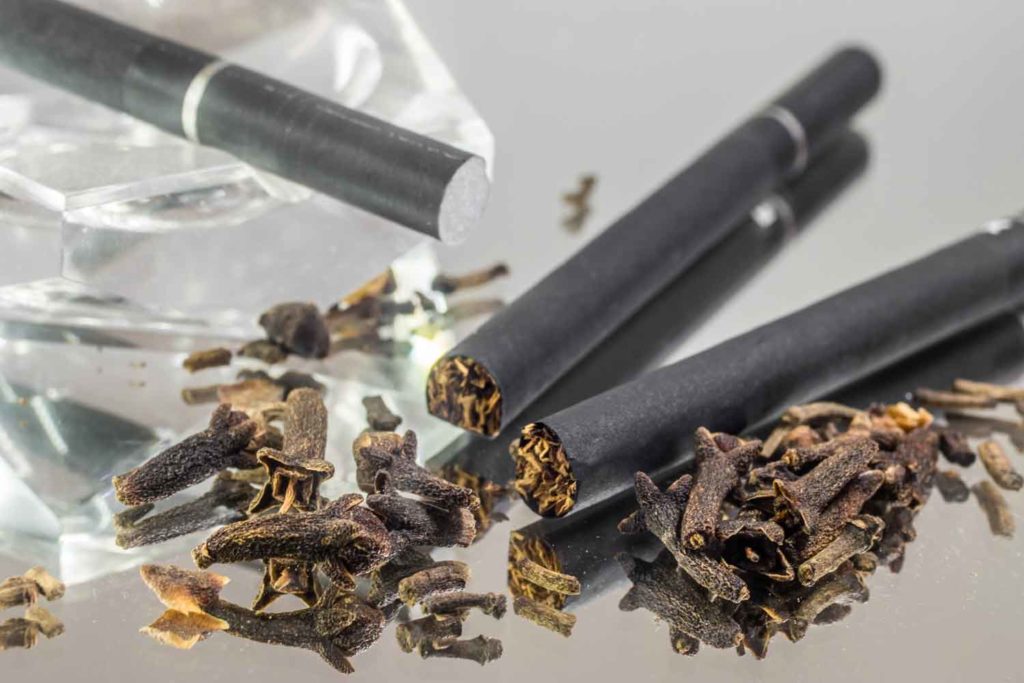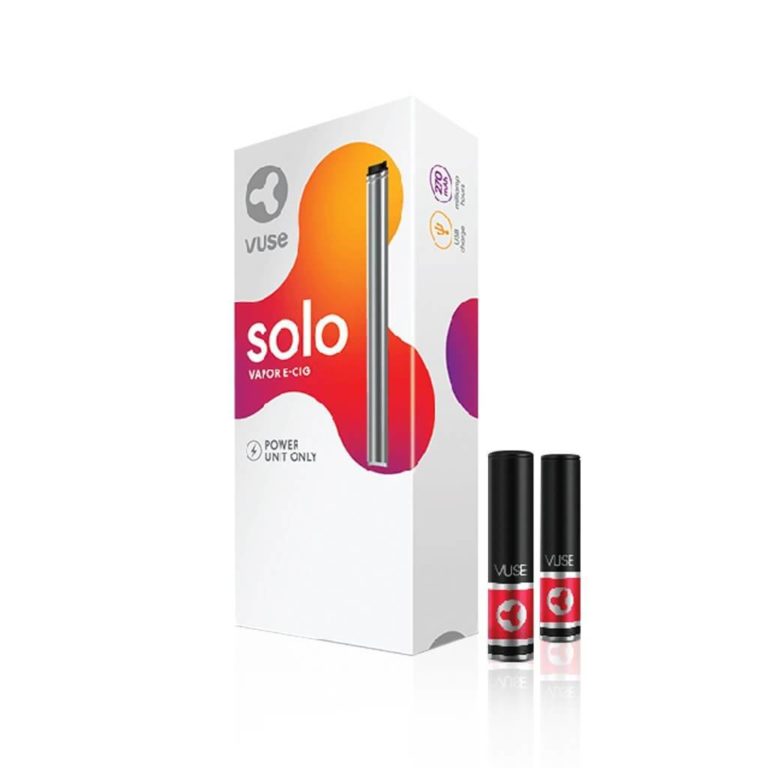
The U.S. Food and Drug Administration has issued marketing orders to R.J. Reynolds (RJR) Vapor Co. for its Vuse Solo closed electronic nicotine-delivery system (ENDS) device and accompanying tobacco-flavored e-liquid pods.
The orders allow RJR to legally sell its Vuse Solo Power Unit, Vuse Replacement Cartridge Original 4.8 percent G1 and Vuse Replacement Cartridge Original 4.8 percent G2 in the United States. This marks the first set of ENDS products ever to be authorized by the FDA through the premarket tobacco product application (PMTA) pathway.
“Today’s authorizations are an important step toward ensuring all new tobacco products undergo the FDA’s robust scientific premarket evaluation,” said Mitch Zeller, director of the FDA’s Center for Tobacco Products, in a statement. “The manufacturer’s data demonstrates its tobacco-flavored products could benefit addicted adult smokers who switch to these products—either completely or with a significant reduction in cigarette consumption—by reducing their exposure to harmful chemicals.”
Zeller said the FDA would monitor the marketing of the products, including whether the company fails to comply with any regulatory requirements or if credible evidence emerges of significant use by individuals who did not previously use a tobacco product, including youth. “We will take action as appropriate, including withdrawing the authorization,” said Zeller.

The manufacturer’s data demonstrates its tobacco-flavored products could benefit addicted adult smokers who switch to these products—either completely or with a significant reduction in cigarette consumption—by reducing their exposure to harmful chemicals.
Mitch Zeller, director, FDA CTP
Under the PMTA pathway, manufacturers must demonstrate to the agency that, among other things, marketing of the new tobacco product would be appropriate for the protection of the public health. The FDA found RJR’s products to meet this standard because, among several key considerations, the agency determined that study participants who used only the authorized products were exposed to fewer harmful and potentially harmful constituents from aerosols compared to users of combusted cigarettes.
The toxicological assessment also found the authorized products’ aerosols are significantly less toxic than combusted cigarettes based on available data comparisons and results of nonclinical studies.
Additionally, the FDA considered the risks and benefits to the population as a whole, including users and nonusers of tobacco products, and, importantly, youth. This included review of available data on the likelihood of use of the product by young people. For these products, the FDA determined that the potential benefit to smokers who switch completely or significantly reduce their cigarette use would outweigh the risk to youth, provided the applicant follows post-marketing requirements aimed at reducing youth exposure and access to the products.
While authorizing the marketing of tobacco-flavored Vuse Solo e-liquid pods, the FDA issued 10 marketing denial orders (MDOs) for flavored ENDS products submitted under the Vuse Solo brand by RJR. Due to potential confidential commercial information issues, the FDA is not publicly disclosing the specific flavored products. These products subject to an MDO for a premarket application may not be introduced or delivered for introduction into interstate commerce.
The agency is still evaluating the company’s application for menthol-flavored products under the Vuse Solo brand.
BAT welcomed the marketing orders. “We are pleased that, today, Vuse Solo received the first of its kind U.S. Food and Drug Administration marketing authorization for vapor products, authorizing the sale of our U.S. subsidiary Reynold’s Vuse Solo product in Original flavor,” the company wrote in a statement following the FDA announcement. “FDA’s orders confirm that Vuse Solo products are appropriate for the protection of the public health, underscoring years of scientific study and research dedicated to ensuring that adult nicotine consumers aged 21-plus have access to innovative and potentially less harmful alternatives to traditional tobacco products.”
The company said it was studying the MDOs for five flavors currently not on the market.

FDA has turned its back on the public health by approving a high-nicotine e-cigarette.
Raja Krishnamoorthi, chairman of the House Oversight Committee’s Subcommittee on Economic and Consumer Policy
Anti-tobacco activists expressed disappointment with the FDA’s decision. “While it is a positive step that FDA denied applications for 10 flavored Vuse e-cigarettes, it is concerning that a product that has three times the nicotine concentration as legally permitted in Canada, the U.K. and Europe was authorized,” wrote Matthew Myers, president of the Campaign for Tobacco-Free Kids, on the organization’s website. “Vuse products with this level of nicotine leave our nation’s youth at an undue risk of addiction.”
“FDA has turned its back on the public health by approving a high-nicotine e-cigarette,” said Raja Krishnamoorthi, chairman of the House Oversight Committee’s Subcommittee on Economic and Consumer Policy. “Many countries around the world have capped the amount of nicotine allowed in e-cigarettes, which allowed them to avoid a youth vaping epidemic.”

